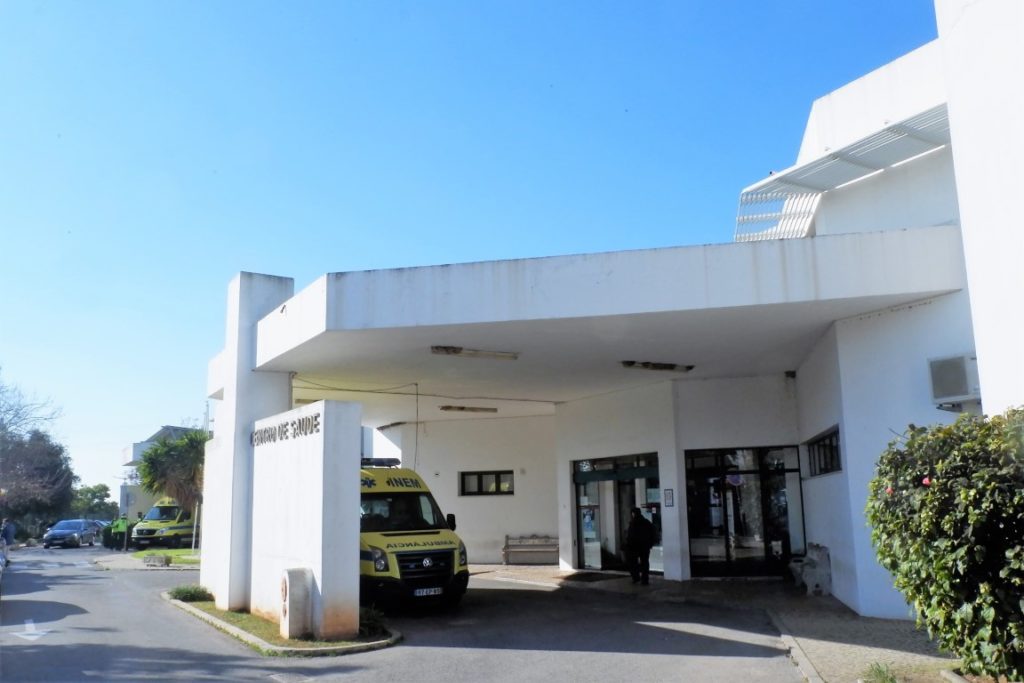Nine of the 16 Municipalities in the Algarve have already accepted the transfer of competences in the area of Health, he told the Sul Informação source from the Ministry of Health. They are Albufeira, Lagoa, Lagos, Loulé, Monchique, Portimão, Tavira, Vila do Bispo and Vila Real de Santo António.
Across the country, 55 municipalities have already adhered to decentralization in the area of Health, a milestone in a process that has been deepened in recent months with the dialogue between the Ministry of Health and the municipalities.
The most recent signature was that of Évora City Council, which signed this Wednesday the transfer of competences in the area of Health.
The conclusion of the process of decentralization of competences in the area of health, in particular through the participation of municipal bodies in the management of primary health care units and in investment in construction and equipment, is one of the priorities included in the Program of the XXIII Government Constitutional.
As foreseen in the Law, the transfer of competences to the municipal bodies in the field of Health implies the formalization of an agreement with each autarchy, in the form of a transfer report, such as the one now signed by Évora City Council.
The transfer of competences to municipalities makes it possible to closely monitor health responses, ensuring continued access to quality health services, with the ability to permanently adapt resources to needs identified on the ground.
Among the competences transferred are, for example, the primary health care buildings, as well as their maintenance and some equipment.
The municipalities are also responsible for guaranteeing the commitments assumed in terms of new installations and requalification works foreseen in the framework of the Recovery and Resilience Plan.
The Municipal Council is now responsible for managing and hiring workers in the operational assistant career for the various units of the Health Centres, with the necessary funds being transferred to the municipalities to comply with the allocation determined for each location.
Municipal councils also start to participate in setting the opening hours of the proximity health care units located in the respective territory, respecting the technical guidelines common in the National Health Service, adapting them to the needs of the population and to the operation in the SNS network.
Among the changes is also the elaboration of the Municipal Health Strategy and its articulation and alignment with other health planning instruments.
The Municipal Health Strategy is a strategic planning instrument that contemplates, at municipal level, the general lines of action and the respective goals, indicators, activities, resources and timetable. This strategy contains a description of existing health facilities at municipal level, under construction or with approved funding, their location, as well as a prospective analysis which, in terms of facilities and equipment identified to respond to health needs, determines the domains and priority intervention sites at municipal level.
The framework for transferring competences to municipalities was drawn up in line with the Sectorial Commitment Agreement signed between the Government and the National Association of Portuguese Municipalities in July 2022. With regard to the conservation and maintenance of health centres, it provides the program is expected to be developed by 2030.
Over the next few weeks, transfer documents are expected to be signed with other municipalities, with the aim of completing the map of all 201 Municipal Councils involved in the initial months of 2023.
According to the Ministry of Health, the 77 Municipal Councils covered by the Local Health Units already in operation are not covered by this phase of the decentralization process.



















Comments